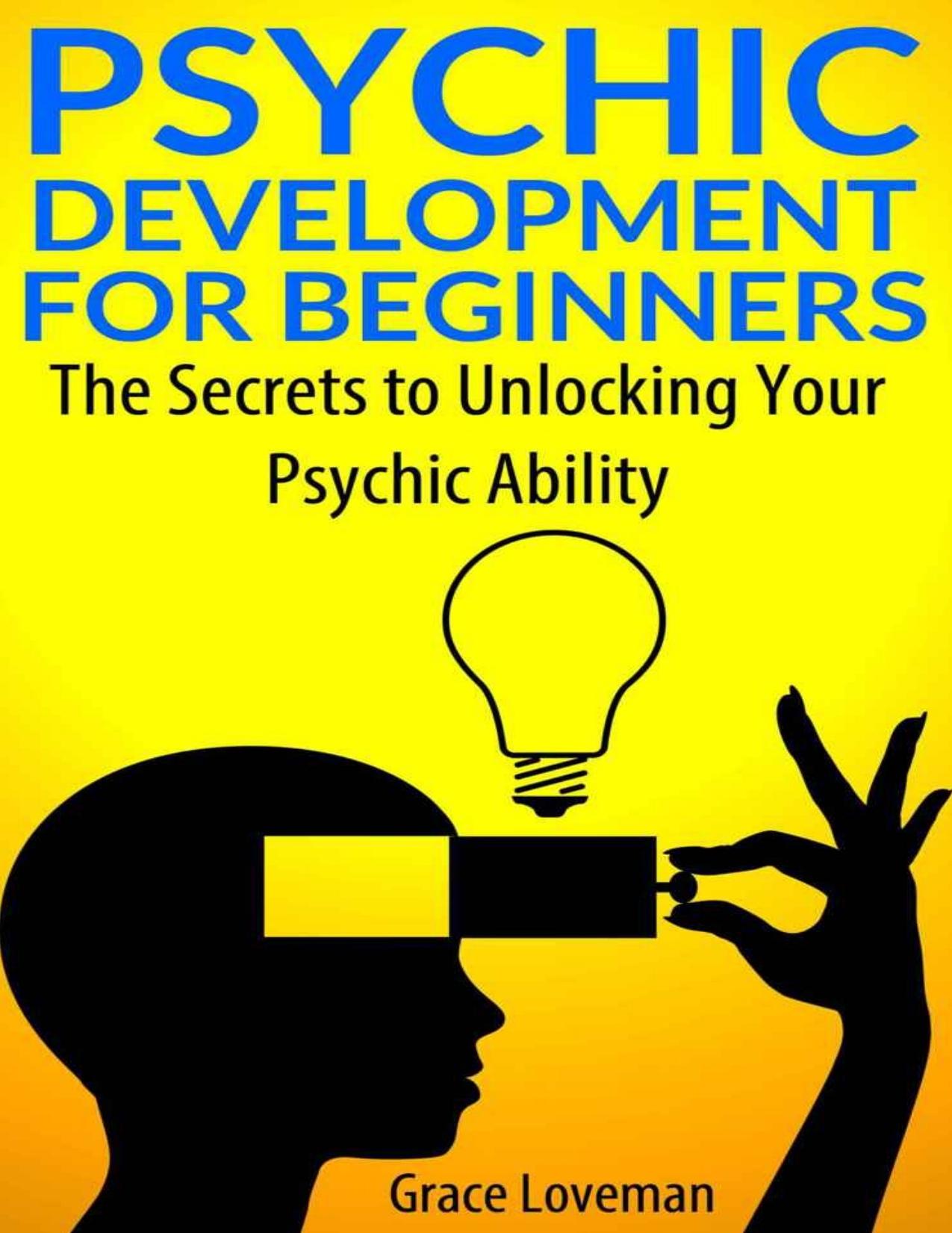Psychic Development For Beginners: The Secrets to Unlocking Your Psychic Ability by Loveman Grace

Author:Loveman, Grace [Loveman, Grace]
Language: eng
Format: epub, pdf
Published: 2013-07-01T18:30:00+00:00
Chapter 7: Essential Training to Achieve Your Primary Psychic Level
The Configuration of Your Psyche
In psychology, the psyche is the human mind in its entirety; the psyche encompasses that which is both conscious and unconscious.
What Plato Had to Say:
In two of Plato’s dialogues, the Republic and the Phaedrus, Plato discusses a 3-part account of the composition of the human psyche, which is sometimes referred to as the soul.
The three parts are…
1. The rational
2. The spirited (Greek: “thumos”)
3. The appetitive
The Rational
The rational psyche is the thinking part of your mind. It determines what is real and judges what is true and what is false. It is the part of you that makes rational, informed decisions that fall in line with your morals, values, and the way you want to live your life.
The Spirited
The spirited psyche is your active will. It is the part of your mind that decrees you to follow through and do whatever the rational or intellectual part of you has determined to be the best course of action.
The Appetitive
Lastly, the appetitive psyche is the emotional part of your brain, i.e. your desires. It is the part of you that wants and feels things. However, most of these emotions and desires must be adjourned in order to accommodate more rational ventures and maintain self-control.
According to Plato, you are perfectly in line with yourself when the three parts of your psyche are operating harmoniously with one another, striving to achieve an outcome that is good for you as a whole.
What Carl Jung Had to Say:
Carl Jung, the founder of analytical psychology, later revised Plato’s 3-part account of the human psyche and included two more components or functions. He viewed the human psyche as being “by nature religious,” and he made it the primary focal point of exploration.
1. The Persona
2. The Ego
3. The Shadow
4. The Anima/Animus
5. The Self
The Persona
The Persona is the identity that you show to the external world, and you may possess more than one. For example, your job identity, your family identity, your friend identity, your political identity, etc.
The Ego
The Ego represents the sense of self that you are consciously aware of. Your ego is also influenced by your unconscious thoughts; however, these thoughts are not included as part of it. Jung says, “So far as we know, consciousness is always Ego-consciousness. In order to be conscious of myself, I must be able to distinguish myself from others. Relationship can only take place where this distinction exists.”
The Shadow
The Shadow represents the unconscious facet of your Ego. It is where you store the thoughts, wishes, and desires that you would prefer to keep out of sight and out of mind. It is also where your unrealized potentials are kept. The Jungian Shadow falls in line with Freud’s concept of the Id, which contains all of your primal, animalistic instincts.
The Anima/Animus
The Anima is the place in a man’s psyche where unconscious feelings and beliefs relating to the opposite gender are stored. The Animus is the analogous location in a woman’s psyche.
Download
Psychic Development For Beginners: The Secrets to Unlocking Your Psychic Ability by Loveman Grace.pdf
This site does not store any files on its server. We only index and link to content provided by other sites. Please contact the content providers to delete copyright contents if any and email us, we'll remove relevant links or contents immediately.
The Compound Effect by Darren Hardy(8942)
Wonder by R.J. Palacio(8569)
Atomic Habits: Tiny Changes, Remarkable Results by James Clear(8323)
Becoming Supernatural by Dr. Joe Dispenza(8199)
Wonder by R. J. Palacio(8097)
Change Your Questions, Change Your Life by Marilee Adams(7758)
The Road Less Traveled by M. Scott Peck(7593)
Born to Run: by Christopher McDougall(7120)
Daring Greatly by Brene Brown(6501)
Big Magic: Creative Living Beyond Fear by Elizabeth Gilbert(5754)
Grit by Angela Duckworth(5604)
The Slight Edge by Jeff Olson(5410)
Men In Love by Nancy Friday(5232)
The Wisdom of Sundays by Oprah Winfrey(5153)
You Are a Badass at Making Money by Jen Sincero(4922)
Fear by Osho(4727)
The Miracle Morning by Hal Elrod(4711)
The Four Tendencies by Gretchen Rubin(4594)
Rising Strong by Brene Brown(4449)
